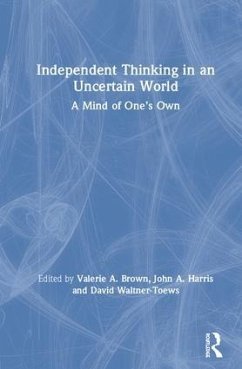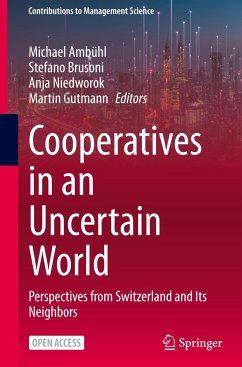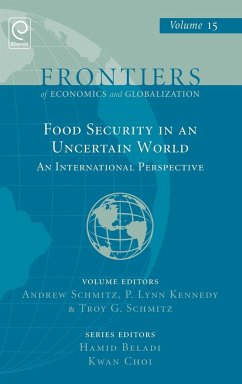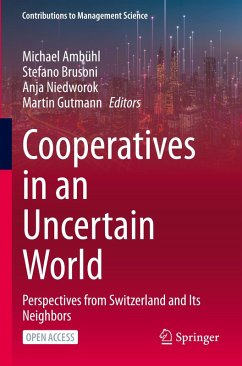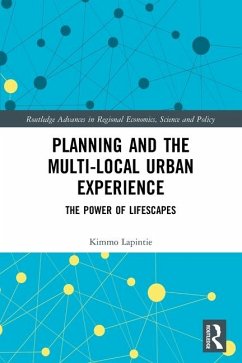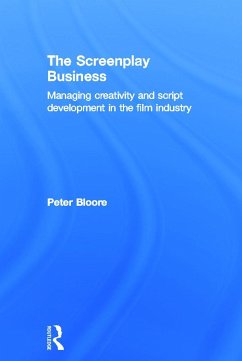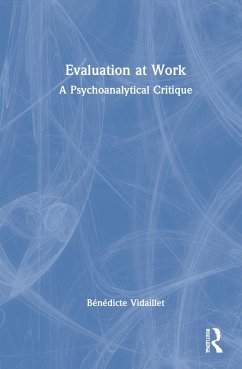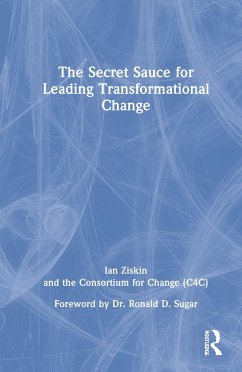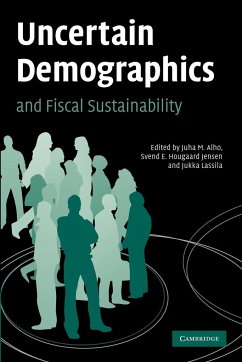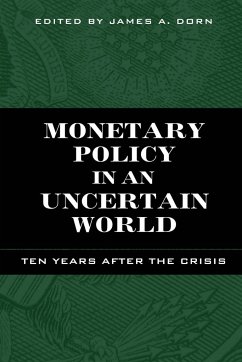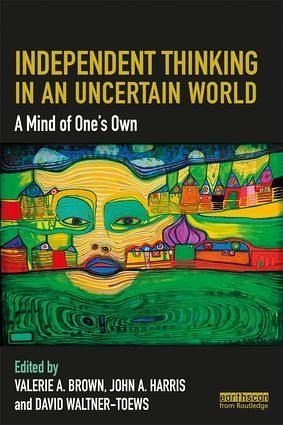
Independent Thinking in an Uncertain World
A Mind of One's Own
Herausgeber: Brown, Valerie A.; Waltner-Toews, David; Harris, John A.
Versandkostenfrei!
Versandfertig in 1-2 Wochen
59,99 €
inkl. MwSt.

PAYBACK Punkte
30 °P sammeln!
Any effective response to an uncertain future will require independently thinking individuals working together. Human ideas and actions have led to unprecedented changes in the relationships among humans, and between humans and the Earth. Changes in the air we breathe, the water we drink and the energy we use are evidence of Nature - which has no special interest in sustaining human life - looking out for itself. Even the evolutionary context for humans has altered. Evolutionary pressures from the digital communication revolution have been added to those from natural systems. For humans to mee...
Any effective response to an uncertain future will require independently thinking individuals working together. Human ideas and actions have led to unprecedented changes in the relationships among humans, and between humans and the Earth. Changes in the air we breathe, the water we drink and the energy we use are evidence of Nature - which has no special interest in sustaining human life - looking out for itself. Even the evolutionary context for humans has altered. Evolutionary pressures from the digital communication revolution have been added to those from natural systems. For humans to meet these challenges requires social re-organisation that is neither simple nor easy. Independent Thinking in an Uncertain World explores workable, field-tested strategies from the frontiers of creating a viable future for humans on Earth. Based on research results from hundreds of social learning workshops with communities worldwide, many of them part of Australian National University's Local Sustainability Project, authors with diverse interests explore the gap between open-minded individual thinking and closed socially defined knowledges. The multiple dimensions of individual, social and biophysical ways of thinking are combined in ways that allow open-minded individuals to learn from one another.





